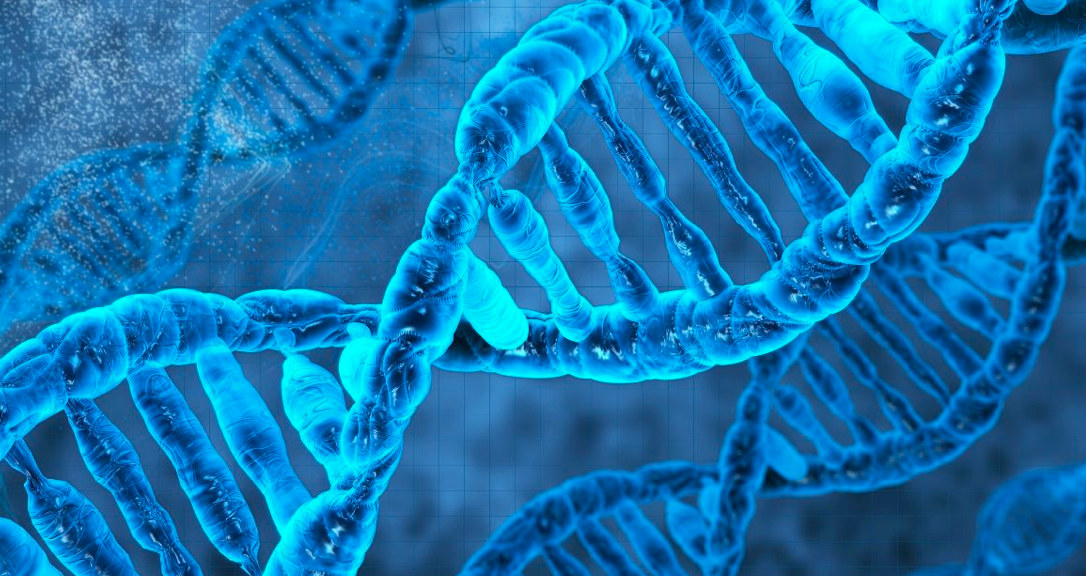 Last week I talked about how a couple of small gene tweaks, using CRISPR-CAS9 technology, has massively reduced levels of “bad” cholesterol and triglycerides in lab mice. If this technology could be extended to humans, it could potentially lower the incidence of coronary heart disease and enable many people to live longer and in better health. Coronary heart disease is one of the two biggest killers of people in developed countries. The other big killer is cancer. CRISPR-CAS9 is being applied on this front as well.
Last week I talked about how a couple of small gene tweaks, using CRISPR-CAS9 technology, has massively reduced levels of “bad” cholesterol and triglycerides in lab mice. If this technology could be extended to humans, it could potentially lower the incidence of coronary heart disease and enable many people to live longer and in better health. Coronary heart disease is one of the two biggest killers of people in developed countries. The other big killer is cancer. CRISPR-CAS9 is being applied on this front as well.
A recent report in Science magazine chronicled the combination of CRISPR-CAS9 technology with CAR-T therapy. CAR-T stands for Chimeric Antigen Receptor T, where T cells are important components of the immune system. The goal of CAR-T therapy is to get patients’ own immune system to attack their cancer cells.
The first CAR-T cells were developed in 1987, and the technology has gone through several generations of improvement since then. In the simplest terms, blood is drawn from a patient and then T cells are purified from the blood. The T cells are then modified, using a benign virus, to target the specific cancer that the patient is suffering from. The modified cells are then infused back into the patient, where they seek out the cancer cells and destroy them. The technique works but has been beset by side effects that are serious and sometimes even fatal.
CRISPR-CAS9 can clip out chunks of DNA, disabling a gene in the process. Recently, a team at the University of Pennsylvania Perelman School of Medicine combined the two approaches in a clinical trial involving three patients with advanced cancer. Instead of using a viral vector to insert a modified gene into a T cell, CRISPR-CAS9 was used instead.
 In the recent study conducted at Perelman, three very sick patients with advanced cancers had their blood drawn and modified using CRISPR-CAS9 to disrupt three genes. This removed the T cell’s natural receptors and reprogrammed them to express a synthetic T cell receptor that was specifically designed to seek out and destroy the type of cancer cells that the patients had.
In the recent study conducted at Perelman, three very sick patients with advanced cancers had their blood drawn and modified using CRISPR-CAS9 to disrupt three genes. This removed the T cell’s natural receptors and reprogrammed them to express a synthetic T cell receptor that was specifically designed to seek out and destroy the type of cancer cells that the patients had.
This trial, like all phase 1 trials, is not designed to cure the patient. The object is to confirm that the treatment does no harm. In that regard, the trial was successful. The infused cells survived, persisted in the body for at least nine months, and when blood was drawn, the T cells in it were effective at killing cancer cells in the lab cell cultures. The condition of the patients was not improved, but that is not surprising. This is the first step down a new road that has just now become visible.
BIO:
Allen G. Taylor is a 40-year veteran of the computer industry and the author of over 40 books, including Develop Microsoft HoloLens Apps Now, Get Fit with Apple Watch, Cruise for Free, SQL For Dummies, 9th Edition, Crystal Reports 2008 For Dummies, Database Development For Dummies, Access Power Programming with VBA, and SQL All-In-One For Dummies, Third Edition. He lectures internationally on astronomy, databases, innovation, and entrepreneurship. He also teaches database development and Crystal Reports through a leading online education provider. For the latest news on Allen’s activities, check out his blog at wwwallengtaylor.com or contact him at allen.taylor@ieee.org.